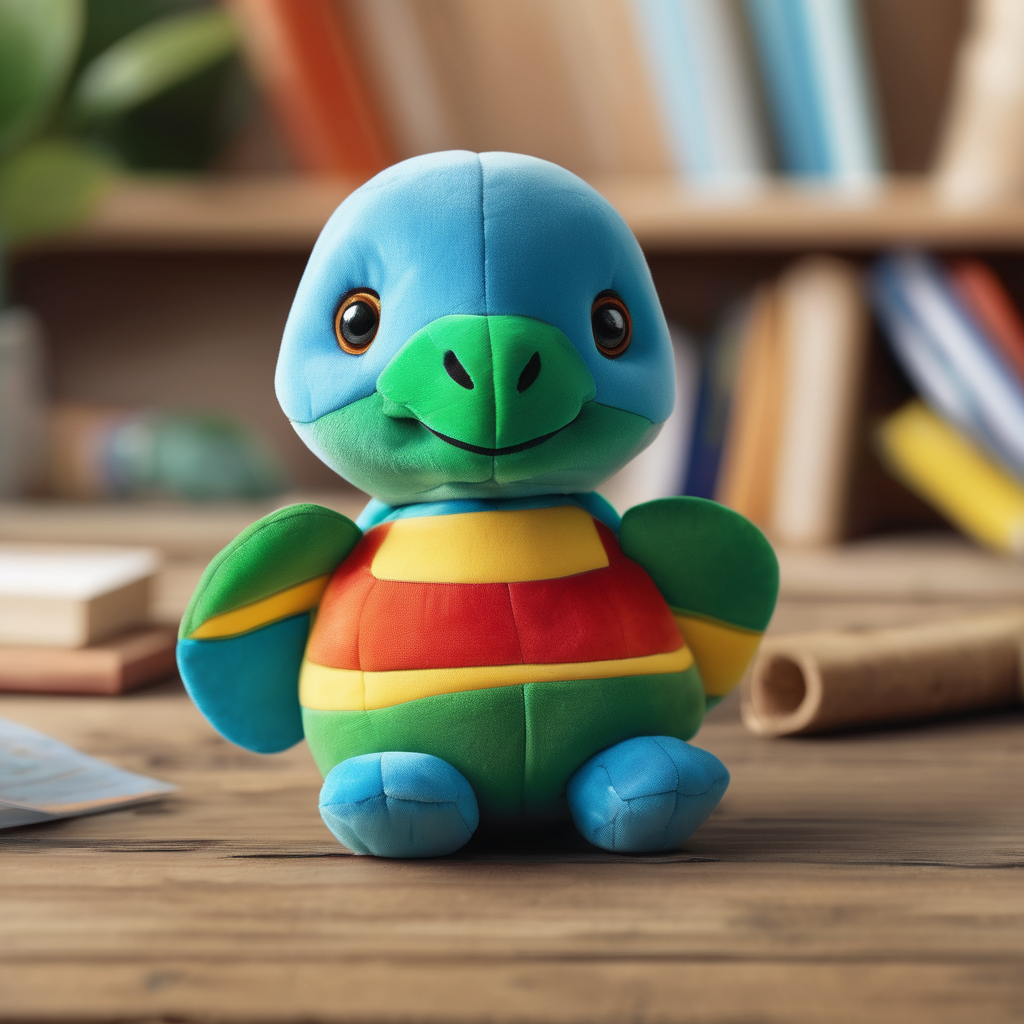Fiji has faced alarming levels of child welfare issues, with 1,977 cases reported in the past year through national helplines and collaborative service providers. Neglect, physical abuse, and sexual abuse account for 62 percent of these distressing cases, revealed by Sashi Kiran, the Minister for Women, Children and Social Protection, in a parliamentary session.
Particularly distressing is the prevalence of sexual offenses against children, which constitute 63 percent of such crimes reported in 2023. Among these tragic cases are 29 infants under five years old. Although this marks a decrease from the 70 percent recorded in 2022, it underscores the persistent severity of the problem.
Minister Kiran referred to a Multiple Indicators Cluster Survey by the Fiji Bureau of Statistics with UNICEF’s collaboration. The survey reveals that 80 percent of Fijian children aged one to 14 have experienced some form of violent discipline in the last month, highlighting an urgent need for societal reform.
In response to this critical issue, the Cabinet has approved Fiji’s inaugural National Child Safeguarding Policy. This policy, grounded in principles of zero tolerance for abuse and neglect, stresses the importance of respecting children’s voices and rights. It recognizes safeguarding as a shared responsibility and imposes strict standards on child-related institutions to foster safe environments in homes, schools, and online. The policy’s formal launch is anticipated next month.
Even with a slight reduction in reported child sexual abuse cases from 1,034 in 2022 to 844 in 2023, the problem remains severe. Historical data consistently show that children are primarily affected by sexual offenses, with rape being the most frequent offense against them.
Minister Kiran, alongside child protection advocates, is urging a nationwide collective effort to address this grave issue. The forthcoming policy aims to offer more robust protection for Fiji’s children, safeguarding their rights to a secure and nurturing upbringing. This proactive measure brings hope for positive change, with the well-being of Fiji’s children as a national priority.
